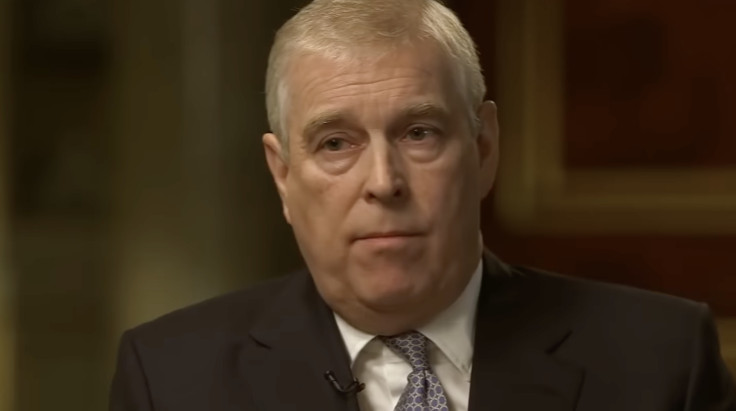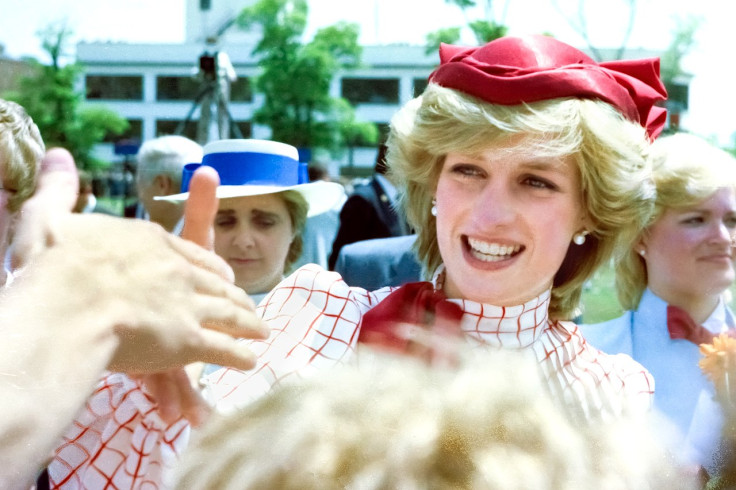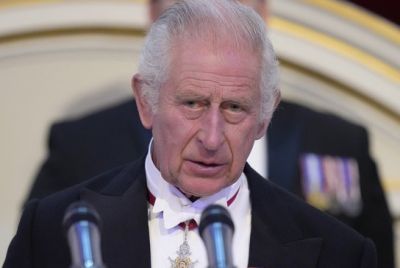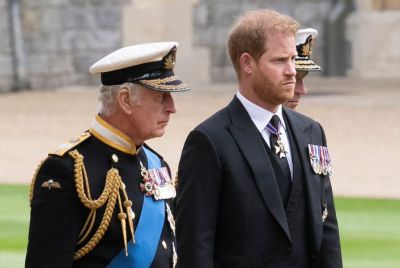Princess Diana Reportedly Described Young Andrew as 'Loud, Mischievous, and Hard to Tolerate'
Former playmates labelled the young prince as a 'tiresome little shit'

The childhood temperament of Andrew Mountbatten-Windsor has been revealed in previously unpublished accounts, exposing traits that may have foreshadowed his fall from grace. Former playmates labelled the young prince as a 'tiresome little shit'.
Even the late Princess Diana reportedly described the young prince as 'very, very noisy' and someone whose personality 'wasn't for me'.

Biographers suggest these formative years at Heatherdown Preparatory School and in the royal household shaped a pattern of impulsive behaviour that many believed followed him into adulthood.
Andrew's 'Early Signs' of Misbehaviour
Royal biographer Andrew Lownie notes that Andrew had a 'boisterous' personality that emerged early. According to the Daily Mail, he recalls that Diana, just a few months older than Andrew, was unsettled by his volume and energy. She reportedly observed that 'there was something troubling him'.
While the young prince was outgoing and sociable, a trait admired by his late father, Prince Philip, his behaviour often bordered on 'aggressive'.
Tom Jackson, a childhood friend, remembered Andrew as a 'tiresome little shit', who even among his peers, his behaviour was too disruptive. Another schoolmate described him as 'cocky' and insisted that classmates address him as 'Prince'.
The disgraced prince allegedly has a strong sense of entitlement, mainly due to his royal status.
Heatherdown and the Making of a 'Natural Boss'
At age eight, Andrew attended Heatherdown Preparatory School in Ascot, Berkshire, where his reputation for bullying and domineering behaviour became more apparent.
According to Lownie, the royal family's 1969 documentary showed a 'lively, cheerful boy' with a 'touch of the daredevil'.
Prince Philip reportedly described Andrew as a 'natural boss', while Frank Egerton, a former schoolmate, noted that Andrew's peers were made acutely aware of his royal lineage. Even in youth, Andrew exhibited impulsive decision-making, a trait biographers argue contributed to the catastrophic choices he would make as an adult.
The Making of a Controversial Adult
Soon enough, Andrew's inability to assess consequences during childhood foreshadowed his later public scandals.
His notorious 2019 Newsnight interview, intended to clear his name regarding associations with convicted sex offender Jeffrey Epstein, backfired spectacularly. In it, Andrew stated he 'did not regret' the friendship.
Former royal biographer Tom Quinn also observed that Andrew's frustrations as the so-called 'spare' may have fostered a pattern of bullying behaviour. 'He couldn't resist being imperious and bossy and bad-tempered if anything went wrong or wasn't done exactly to his liking', he shared.
Despite these flaws, Andrew retained favour with Queen Elizabeth II and Prince Philip, who admired his sociable and confident nature. Lownie explains that Philip saw Andrew as the son who embodied the extroverted, macho qualities he valued.
Yet, even the royal household acknowledged the dangers of unchecked entitlement, with Philip cautioning that Andrew should not always have his own way.
Andrew's Fall From Grace
As Andrew faces more royal punishment from his brother King Charles, he's also increasingly likely to be tied to Epstein's US case.
The Royal biographer explained that his childhood behaviour explained the patterns that led to his fall from royal status, which Queen Elizabeth II had protected while she was alive. With no royal titles, privileges, and access to the institution that protected him, rumours of 'suicide' are haunting the crown. Unfortunately for Andrew, there is no one to blame but his actions and friendship with pedophile Jeffrey Epstein.
© Copyright IBTimes 2025. All rights reserved.



















